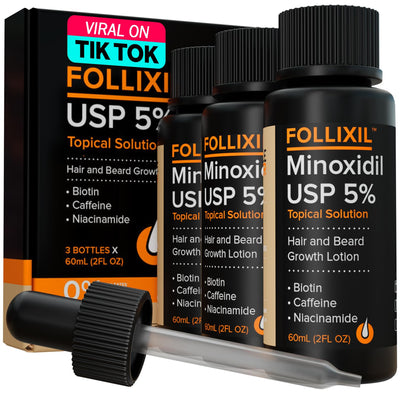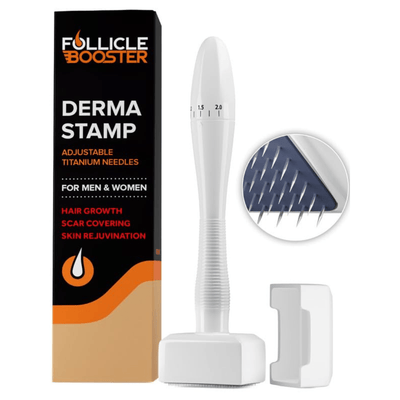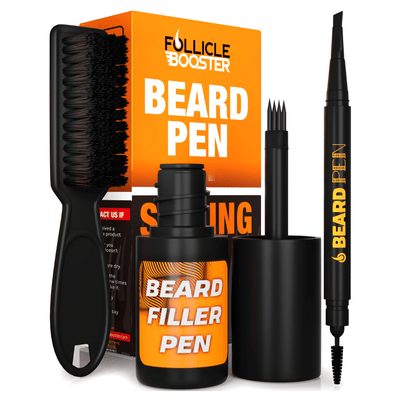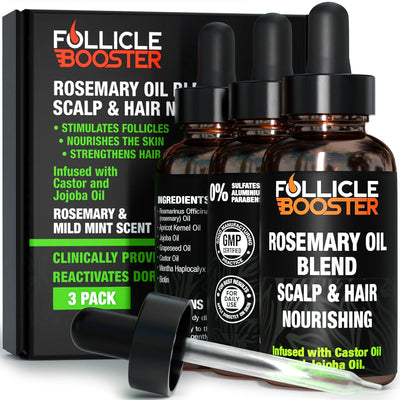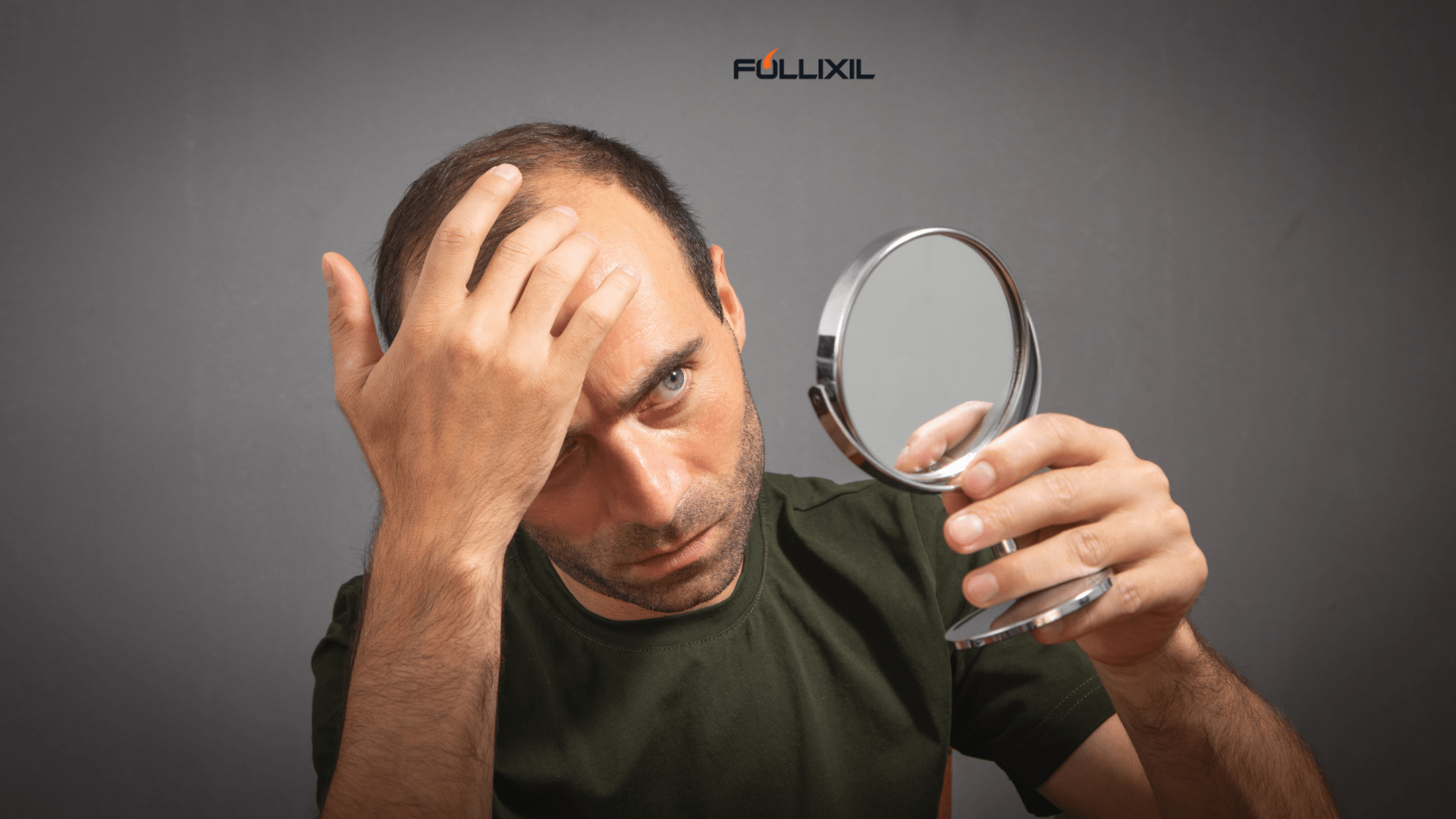Hair loss can be frustrating, especially when the most common solutions involve transplants or medications like finasteride and dutasteride. While those treatments work for some, they're not the only options. Many people are turning to more natural, non-invasive methods to regrow hair without the harsh side effects associated with traditional treatments.
If you're looking to boost hair growth without relying on surgery or hormone-altering drugs, here are proven and accessible ways to get started:
✅ 1. Combine Proven Topicals and Tools for Scalp Stimulation
Regrowing hair is often about improving scalp health and stimulating hair follicles. A powerful non-drug routine combines several effective elements:
-
Minoxidil (topical) – FDA-approved and widely used to boost blood flow to the scalp and reactivate hair follicles.

-
Derma stamp or microneedling tool – Creates tiny controlled micro-injuries on the scalp to encourage collagen production and better absorption of serums like minoxidil.

-
Hair loss shampoos – Look for those containing caffeine, biotin, saw palmetto, argan oil or niacinamide to support follicle health while gently cleansing the scalp.

-
Rosemary oil – Studies have shown it can perform similarly to minoxidil over time by improving circulation and reducing inflammation.

-
Silicone scalp massagers – Help distribute oils and stimulate blood flow to the follicles through gentle massage.

Used together, these tools form a low-risk, drug-free strategy to nourish the scalp and promote new hair growth.
✅ 2. Address Nutritional Deficiencies
Hair is a reflection of what's happening inside your body. Nutrient imbalances or deficiencies can slow down or completely stop the growth cycle.
- Ensure you're getting enough iron, vitamin D, zinc, and biotin, all of which are essential for maintaining healthy hair structure and strength.
- Include more leafy greens, nuts, eggs, and fatty fish in your diet.
- Consider a multivitamin or a supplement specifically formulated for hair health if you're unable to meet your hair health needs solely through a balanced diet.
When your body is well-nourished, it has more resources to allocate toward growing healthy, strong hair.
✅ 3. Manage Stress and Hormonal Imbalance Naturally
Stress is one of the most significant yet often overlooked causes of hair loss. Chronic stress triggers inflammation and can cause hair to transition from the growth phase to the shedding phase.
- Daily practices like yoga, meditation, or even short walks can help reduce cortisol levels.
- Herbs like ashwagandha or spearmint tea have been shown to support hormonal balance, especially in women experiencing PCOS-related hair loss.
- Ensuring good sleep hygiene can also improve hormone regulation and scalp recovery overnight.
Your hair reflects your internal peace, so stress management is essential for lasting results.
✅ 4. Be Consistent and Patient
Hair regrowth isn't instant. Even the most effective natural methods require time, usually 3 to 6 months, before noticeable changes appear.
- Track your progress monthly with photos.
- Stick to your chosen routine consistently—switching products too often can prevent results.
- Celebrate small wins, such as reduced shedding or fewer baby hairs along the hairline.
The journey to healthy hair is gradual but worth it, especially when you're doing it naturally and safely.
While transplants and hormonal treatments can help, they aren't the only path to regrowth. With the right combination of topical care, internal support, and lifestyle modifications, many individuals experience significant improvement. The best part? You're not just growing hair—you're building long-term scalp and body wellness.
